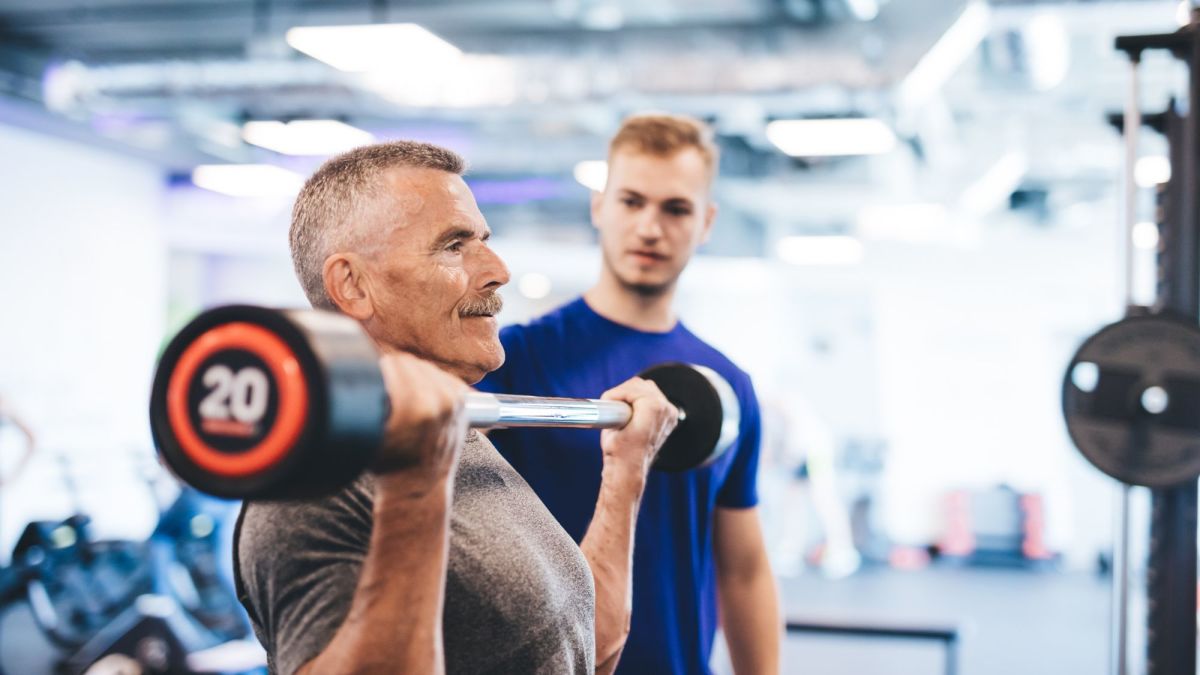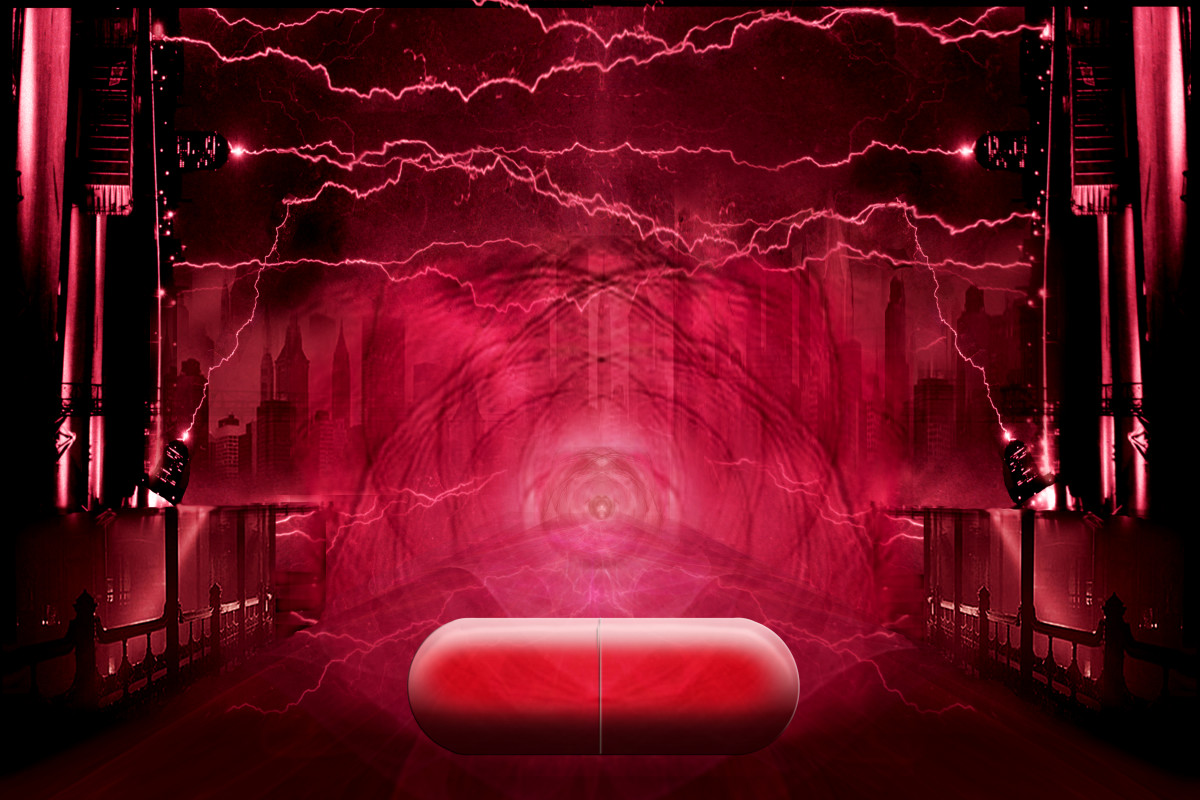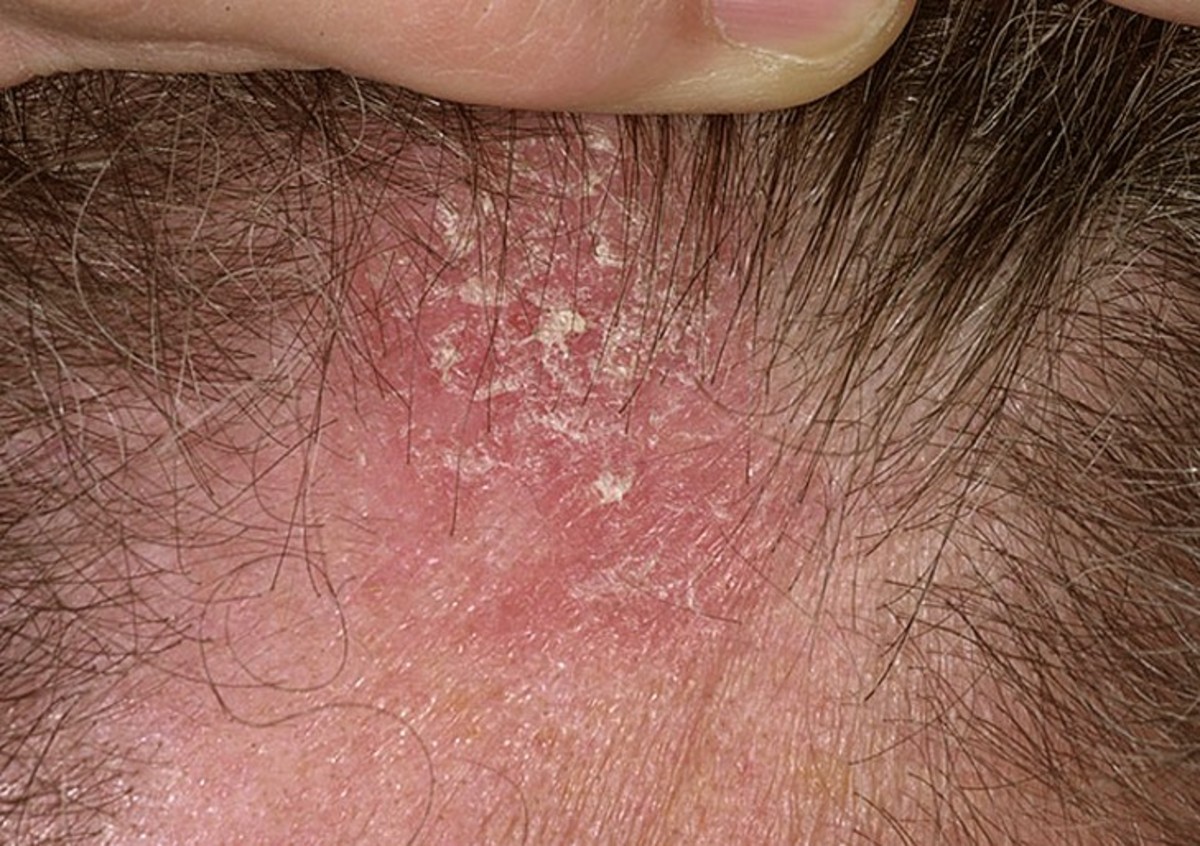Should You Use A Testosterone Supplement or Patch?
Blood Test By Laboratory
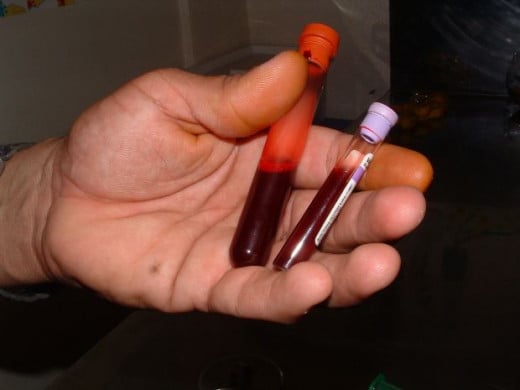
Get a blood test
Published January 6, 2014, by Mary McShane
Testosterone products are all over the media, catering to audiences of all ages and reaping high sales for both big Pharma and supplement companies.
Men want them, need them, or covet them.
Women think they want them, need them, or they tell the man in their life they should be taking them.
Who really needs to supplement their testosterone?
It all boils down to getting a blood test first to get a baseline Testosterone level. You may not even need the Testosterone boost. Without testing, taking a supplement could be toxic, especially if you have liver or kidney problems.
Only a physician can accurately read your test results (along with other blood tests he will order, especially a Vitamin D3 level) to determine if you need to be supplemented by testosterone. It comes in a variety of forms so you are not limited to taking a pill or injection.
Symptoms of Low Testosterone
Men with below-normal testosterone blood levels often have:
- little interest in sex
- muscle weakness
- depression
- erectile dysfunction
- waist weight gain
- tiredness
- fatigue
- sometimes small or soft testicles.
Symptoms & Treatment
Testosterone Poll
After reading the symptoms here, do you think you might have low testosterone?
Instant Transformation Expectations
Many men feel that if they take the drug on their own and not under the care of a physician that it will instantly make them a lady's man, boosting their libido so they can have more sex and for longer periods.
Unfortunately this is not always the case. Testosterone needs to be given in a controlled dosage and monitored by your physician.
Like Viagra, these types of drugs are very easy to acquire in the USA and abroad. Taking them without some professional guidance can be dangerous.
Results of Testosterone Therapy
Warning For Women & Children
Women should never touch the testosterone pill, patch, gel, cream or any bed linen/bath linen that has come into contact with testosterone products. Thoroughly clean the shower or bathtub before use. Discard towels and washcloths to be laundered and use new clean linens for yourself.
If a person in your household uses testosterone, get in the habit of keeping separate items for your own use, including bar soaps, shampoo/conditioner, toothpaste, mouthwash (men notoriously drink from the bottle), etc.
Store your vitamins and supplements in a separate cabinet, but never in the bathroom where steam and humidity can cause moisture buildup which will cause the product to lose potency.
Coming into contact with testosterone or items that are touched by testosterone can make women develop side effects like:
- hair growth in places on the body that did not have hair before
- develop skin problems like acne
- bone density loss so that bones break easily
In children, testosterone makes their bones mature quickly.
Resources
Here is a great blog to give you a primer on testosterone tests, the results and a little bit of history. It will also explain why lab results vary by the laboratory and what the reference numbers mean.
Enjoy!
Testosterone, Free, and Total, LC/MS/MS
For Newborns
The test is used to diagnose lack of sexual development, as in infants with ambiguous genitalia
While in the uterus, testosterone is needed for the male genitals to develop, usually 46 XY chromosomes for males. In females, there will be little to no testosterone. Male newborns with hypogonadism might exhibit micropenis which left untreated can cause infertility and difficulty urinating.
Boys and Men
The test is primarily used to diagnose testicular failure: hypogonadism, early or delayed puberty and to monitor testosterone replacement or testosterone levels while receiving replacement therapy. In primary hypogonadism, the LH and FSH are elevated. In secondary hypogonadism, the levels are decreased.
It is normal for testosterone levels to decrease as men get older. The Free testosterone test shows more sensitivity than the Total testosterone test when the doctor is looking for hypogonadism.
Girls and Women
This test is used to diagnose hyperandrogenism, to support or rule out androgen-secreting tumors. Excess androgen production in girls and women presents as early appearance of pubic hair and other body areas - usually before age 8. Excess androgen production also includes severe acne, hirsuitism (excessive body hair) and amenorrhea.
Mediterranean Diet Info

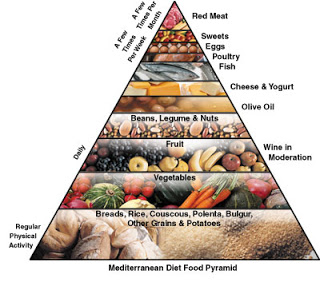
Foods That Might Increase Testosterone Levels
If you don't want to use synthetic methods of getting your testosterone, there is a natural way to still get testosterone into your body.
Food.
1. Add Garlic. Increasing your intake of Garlic by supplements or freshly added to your food increases your testosterone levels and the weight of testicles.
2. Add more beans to your diet. Beans are high in zinc and zinc increases your natural testosterone and lowers the estrogen in your blood.
3. Eat more Vitamin A foods (yellow and orange foods) like carrots, squash, eggs, sweet potatoes and cantaloupe. If you don't like those foods, you can take a supplement.
4. Follow the Mediterranean Diet which includes nuts, beef, whole grains, fruits, extra virgin olive oil, red wine, certain fats from food, and vegetables. Healthy fats include polyunsaturated and mono-saturated fats. This type of diet decreases risk of cancer and heart conditions. Read labels for cholesterol so you stay under 300mg cholesterol per day from the total of all meals and snacks. Beef is high in cholesterol, so moderation in portions and cuts of beef is recommended.
5. Increase your Vitamin D3 intake. First ask for a blood test to determine your base Vitamin D3 level before starting to take the supplement. Studies show up to 10,000 IU per day significantly increase testosterone levels. Foods that are high in Vitamin D are milk, fish (tuna, salmon, sardines), egg yolks, cheese, beef liver, and mushrooms.
Dr. Oz Talks About Rumors & Myths About Testosterone
There are lots of rumors you may have heard but well known medical authority Dr. Oz can put them to rest.
Here are his answers to popular questions about the myths of testosterone:
http://www.doctoroz.com/videos/truth-about-testosterone?page=2
Here Are The Vitamin Supplements That Dr Oz Takes
Medical Disclaimer: The information in this article is intended solely for the general information for the reader. This article is not to be used to diagnose health problems or for treatment purposes. It is not a substitute for medical care. Please consult a licensed and qualified health professional before starting any new regimen for supplementing testosterone.
© Mary McShane

© 2014 Mary McShane

